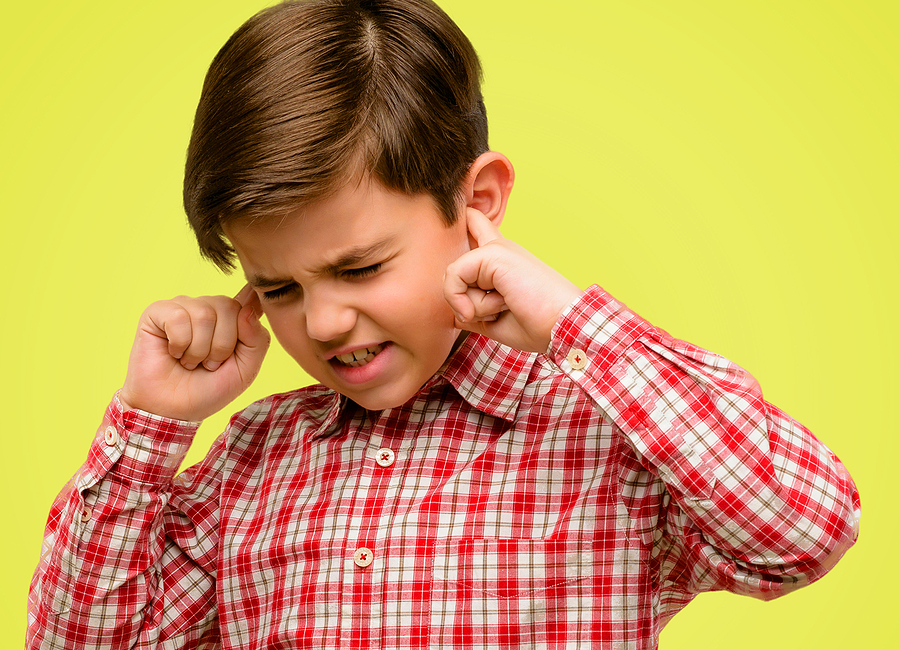It is rare that parents choose noisy toys for their own children, as they know how irritating these can become after just a few times.
However, they should be given a wide berth not just because they can be annoying to hear on repeat, but because they could do lasting damage to children’s hearing.
Kids’ ears are extremely sensitive, which makes them more prone to damage.
Therefore, according to the American Academy of Audiology (AAA), loud toys may be the worst choice of gift to receive at Christmas or on their birthday, as they could cause permanent hearing loss.
Indeed, the inner ear of a child has delicate hair cells that enable the brain to detect sound.
Once any of these 16,000 hair cells are damaged, they are unable to regrow. Therefore, their hearing capability could decline the more they listen to loud toys, particularly as they tend to hold them up to their ears.
AAA president Bopanna Ballachanda said: “Many parents don’t realise the permanent damage a simple toy can inflict on a child’s hearing.”
She added: “When we fail to protect a child’s hearing, the result can be irreversible hearing loss.”
Anything that is constantly above 85 decibels can cause damage to a person’s hearing. Therefore, it is sensible for parents to check how loud the toy is by using a phone app to test it.
By putting a phone microphone to the sound of the toy, mums and dads can determine whether the item is safe for their little one. If the readings are 85 decibels or above, this indicates it could put their hearing at risk in the long-term.
This could impact their learning, as Ms Ballachanda notes that a child with even minimal hearing loss could miss half of what is being told about in the classroom.
Therefore, they could end up exhausted by the end of the school day as they have had to put in so much more effort than their peers. Alternatively, they could fall behind with their studies or teachers may think they are being disruptive and are distracted in class, when in fact they simply cannot hear what is happening.
Consequently, children with hearing loss are more likely to become depressed, disconnected, have a lack of focus, or present with behavioural issues.
Ms Ballachanda suggests that parents use toys that can be turned down to a non-harmful level and advise their children to keep it at that volume.
It is also worth keeping an eye out for any signs of hearing loss. These include poor concentration, inattentiveness, not responding when they are being called, listening to the TV at a high volume, talking loudly, mispronouncing words, or school progress suddenly slowing down.
Older children are also at risk of needing a hearing aid as a result of listening to devices too loudly.
In fact, the World Health Organization revealed more than one billion young adults could face permanent hearing loss because of these unsafe listening practices.



